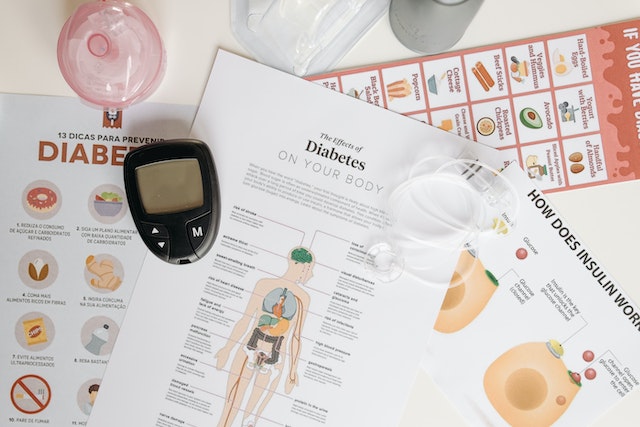
Diabetes
Type 1 diabetes are most commonly occurring in youngsters and is significantly less common than type 2 diabetes. When you have this condition, your pancreas does not secrete enough insulin. In this stage, you are required to substitute another medication for that one and to continue getting injections for the rest of your life.
Type 2 diabetes is the most typical. Those over the age of 40 are frequently affected by it. Diabetes mellitus with adult onset is the term used. When your body produces insulin but is unable to adequately utilize it, you have this condition. Also known as diabetes mellitus.
Gestational Diabetes is diagnosed for the first-time during pregnancy. High blood sugar issues brought on by this diabetes may have an impact on your health and the health of your unborn child.
High blood sugar issues brought on by this diabetes may have an impact on your health and the health of your unborn child.
You may have prediabetes if your blood sugar level is higher than usual. This indicates that your body is becoming less effective in removing sugar from the blood and turning it into energy, as well as becoming more resistant to insulin. Risk factors for prediabetes include genetics, lifestyle, diet, and exercise regimen. It can develop into type 2 diabetes if left unchecked.
Prediabetes can be cured with medication and lifestyle changes. Following a healthy diet, increasing your physical activity, and taking any prescribed medications as directed can help your body regain its capacity to control blood sugar levels.
Our Approach in Diabetes
-
VR Revankar Hospital approach to diabetes treatment involves a combination of lifestyle modifications, medications, and regular monitoring of blood sugar levels.
In addition, medical interventions, diabetes management also involves education and support. Our Staff assisted patients with information on self-care and healthy living, as well as resources to help them manage the emotional and psychological aspects of living with diabetes.
Our Services and Treatment in Diabetes
- Medications to help manage diabetes, including insulin, oral medications, and injectable medications.
- Glucose monitoring services to help patients track their blood sugar levels and adjust their treatment as needed.
- Dietary counseling to help patients with diabetes plan meals that are healthy and appropriate for their condition.
- Foot care services for patients with diabetes, as foot problems are a common complication of the condition.
- Mental health services: Living with diabetes can be stressful, to help patients cope with the emotional challenges of the condition.
- Surgery: In some cases, patients with diabetes may require surgery to treat diabetes-related complications.
-
FAQs
Which signs of diabetes are present?
- Frequently urinating
- Unexpected weight loss and excessive thirst
- Severe hunger
- Sudden alterations in vision
- Numbness or tingling in the hands or feet
- Frequently experiencing extreme fatigue
- Super-dry skin
- Taking a long time to heal sores
- Increased infection rates
What steps may be taken to lower diabetes risk?
According to studies, the following lifestyle changes can help those at risk for diabetes avoid or at least delay the onset of type 2 diabetes:
- Consuming fewer foods high in fat and calories
- 5% to 7% minimum body weight loss (if overweight)
- Engaging in 150 minutes of physical activity each week
Do I have to start taking insulin if I have type 2 diabetes?
No. Depending on a number of variables, including the time of the diagnosis, individuals with type 2 diabetes may or may not ever need to administer insulin injections. According to research, the pancreas is more likely to continue producing enough insulin for a longer period of time if type 2 diabetes is treated early and blood sugar is controlled both initially and over time. But, a person with type 2 who has had it for more than 15 years is unlikely to continue producing enough insulin, so they will need to use a syringe, pen, or pump to administer it.
Why is eating carbohydrate-rich fruit OK? Are some fruits healthier?
All fruits—fresh, frozen, dried, and canned without sugar—are mostly carbohydrate with some protein. Diabetes requires a daily carbohydrate intake for energy and minerals. Fruits, vegetables, healthy grains, beans, and low-fat dairy are good carb sources.
